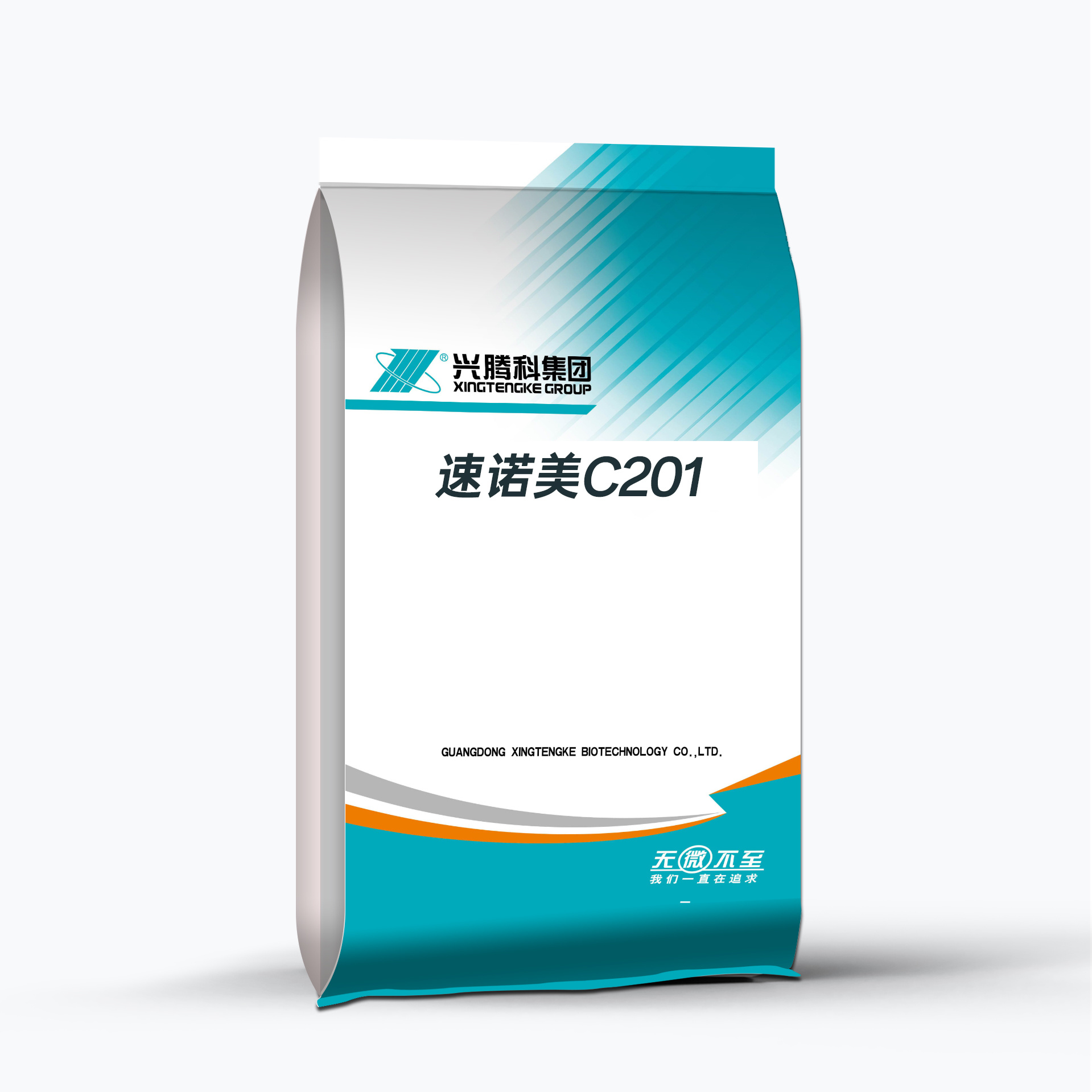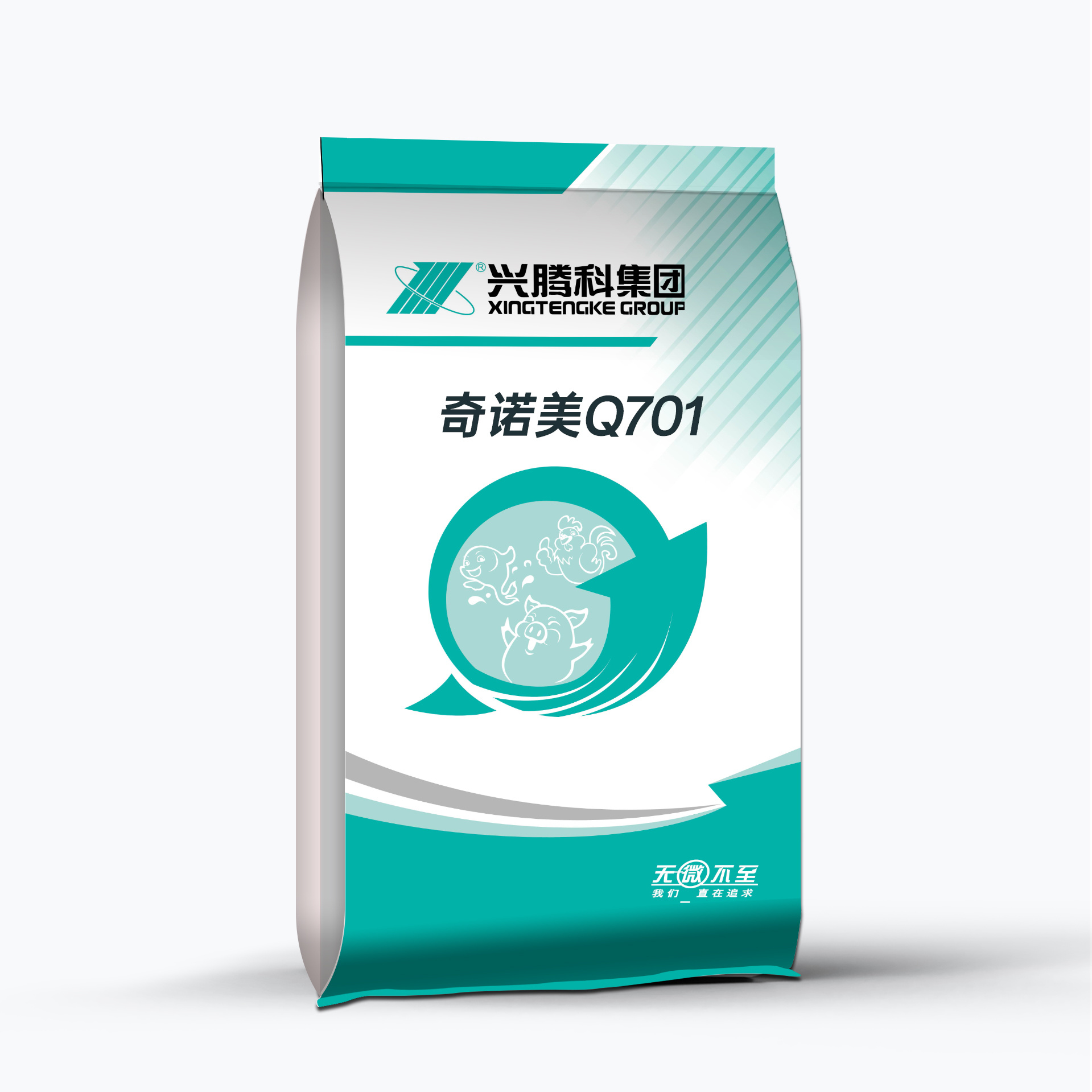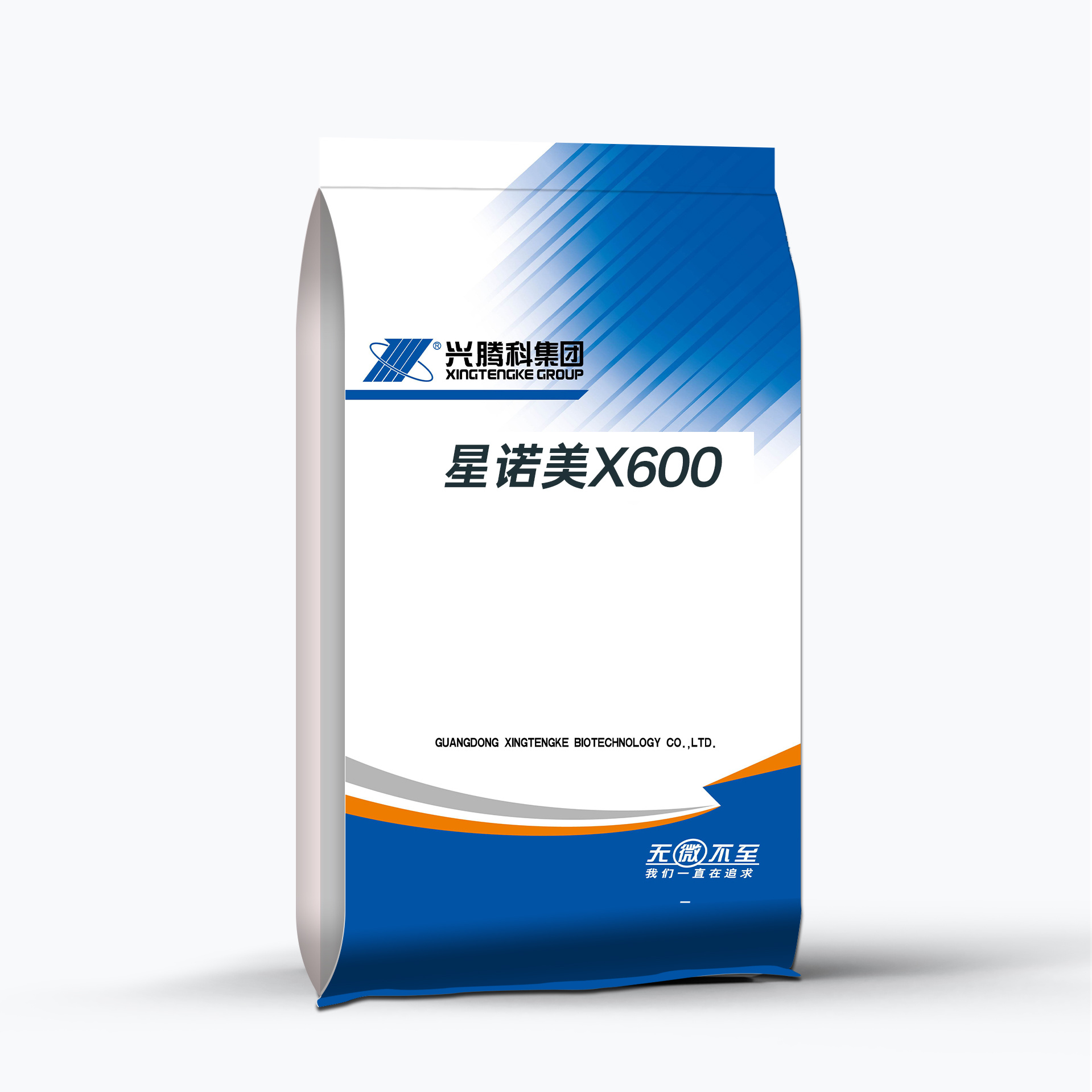Understanding Livestock Trace Mineral Mix: Essential for Animal Health and Productivity
Release time:
2025-09-16 13:50
Source:
Livestock trace mineral mix plays a critical role in the health and productivity of farm animals. These mineral supplements are designed to provide essential trace elements that may not be sufficiently available in standard feed rations. The importance of trace minerals cannot be overstated, as they are involved in numerous physiological functions crucial for the growth, reproduction, and overall well-being of livestock.
Trace minerals, including zinc, copper, manganese, selenium, and iodine, are needed in minute quantities but have profound effects on animal health. For instance, zinc is vital for immune function and skin health, while selenium is important for reproductive success and antioxidant protection. A deficiency in any of these minerals can lead to a range of health issues, such as compromised immunity, poor growth rates, and reproductive failures.
The formulation of a livestock trace mineral mix is tailored to meet the specific needs of different species and production stages. For example, cattle, sheep, and poultry each have distinct mineral requirements due to their unique metabolic pathways and production goals. Therefore, using a specialized trace mineral mix can significantly enhance the nutritional profile of the feed and ensure that animals receive the necessary nutrients to thrive.
Incorporating a trace mineral mix into livestock diets can also optimize feed efficiency. When animals receive the right balance of vitamins and trace minerals, they are more likely to convert feed into body mass effectively. This not only supports growth but also improves the overall health of the herd, resulting in better productivity outcomes.
It is essential for livestock producers to work with nutritionists to formulate an appropriate trace mineral mix tailored to their specific herd needs. This approach not only helps in addressing deficiencies but also in preventing excesses, which can be detrimental to health. Regular monitoring of mineral levels through blood tests and animal performance metrics can further guide adjustments in the mineral mix.
In conclusion, livestock trace mineral mix is a crucial component of animal nutrition that supports health, growth, and productivity. By understanding the role of trace minerals and implementing a well-formulated mineral supplement strategy, livestock producers can enhance the welfare of their animals and the efficiency of their operations. As the industry evolves, staying informed about nutritional advancements and mineral requirements will be key to maintaining a competitive edge in livestock production.
Trace minerals, including zinc, copper, manganese, selenium, and iodine, are needed in minute quantities but have profound effects on animal health. For instance, zinc is vital for immune function and skin health, while selenium is important for reproductive success and antioxidant protection. A deficiency in any of these minerals can lead to a range of health issues, such as compromised immunity, poor growth rates, and reproductive failures.
The formulation of a livestock trace mineral mix is tailored to meet the specific needs of different species and production stages. For example, cattle, sheep, and poultry each have distinct mineral requirements due to their unique metabolic pathways and production goals. Therefore, using a specialized trace mineral mix can significantly enhance the nutritional profile of the feed and ensure that animals receive the necessary nutrients to thrive.
Incorporating a trace mineral mix into livestock diets can also optimize feed efficiency. When animals receive the right balance of vitamins and trace minerals, they are more likely to convert feed into body mass effectively. This not only supports growth but also improves the overall health of the herd, resulting in better productivity outcomes.
It is essential for livestock producers to work with nutritionists to formulate an appropriate trace mineral mix tailored to their specific herd needs. This approach not only helps in addressing deficiencies but also in preventing excesses, which can be detrimental to health. Regular monitoring of mineral levels through blood tests and animal performance metrics can further guide adjustments in the mineral mix.
In conclusion, livestock trace mineral mix is a crucial component of animal nutrition that supports health, growth, and productivity. By understanding the role of trace minerals and implementing a well-formulated mineral supplement strategy, livestock producers can enhance the welfare of their animals and the efficiency of their operations. As the industry evolves, staying informed about nutritional advancements and mineral requirements will be key to maintaining a competitive edge in livestock production.
livestock trace mineral mix
Pre









